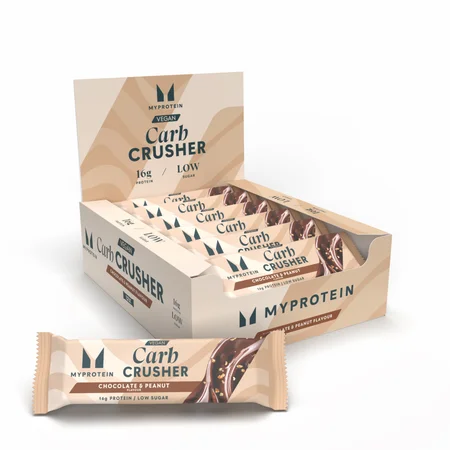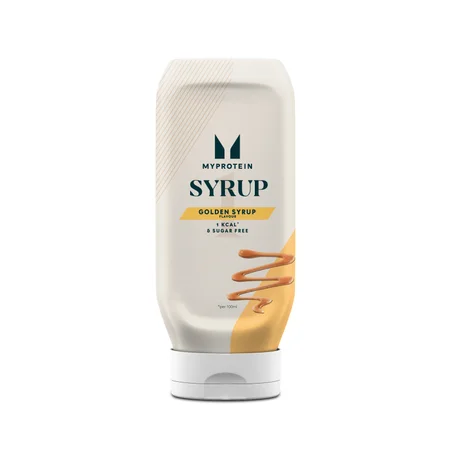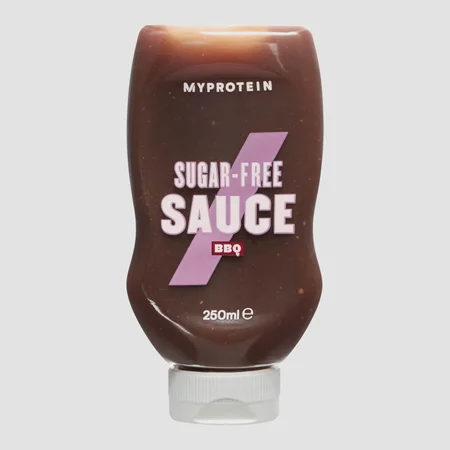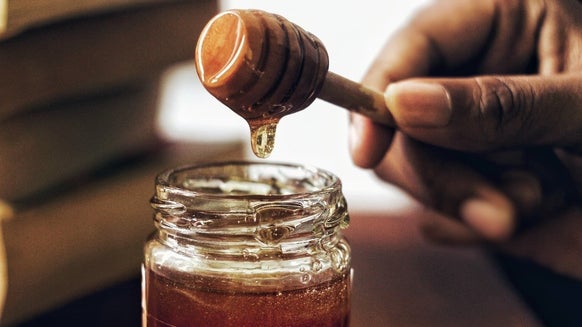What Is The Low Sugar Diet & How Can You Reduce Your Sugar Intake?

In the supermarkets and shops, shelves are stocked full of sugary snacks and drinks. Whilst it’s possible to enjoy these from time to time, regular consumption is an easy way to make sure you go over your required calorie intake and excessive sugar can lead to number of health issues. So much so that the UK government is set to introduce the Sugar Tax as a way of reducing the burden on the NHS due to the number of long-term health implications excessive sugar intake can lead to.
- What constitutes a low sugar diet?
- What are the benefits of reducing your sugar intake?
- How to follow a low sugar diet.
- Low sugar foods.
- Are there any side effects of a low sugar diet?

What Constitutes a Low Sugar Diet?
According to guidelines it’s recommended your sugar intake should not exceed 5% of your daily calories.1 This means a typical adult should not exceed 30g of sugar in the diet. The type of sugar which is most detrimental are free sugars, which include those added to fizzy drinks, fruit juices, biscuits, cakes and chocolate.
There is also a specific ‘no sugar diet’ which includes the removal of all sugar including those in otherwise healthy food sources such as fruit and dairy. This is not advised as fruits are a good source of fibre and micronutrients.
What are the Benefits of Reducing your Sugar Intake?
Weight loss
Switching your food choices for those with a higher protein and fibre content may result in weight loss.
Tooth Care

How to Follow a Low Sugar Diet
There are a number of things of you can do to reduce your daily sugar intake and many of them may result in improved dietary habits in general. Using the tips below will help to reduce your daily sugar intake and improve the quality of your diet.
Take Notice of Food Labels
In can often be surprising just how much sugar is in your preferred drinks and snacking options and sugar can often be in foods you wouldn’t expect. Being attentive and making sure to read the food labels can be an informative process helping you make the right choices when it comes to meals, snacks and drinks.
Avoid Sugary Drinks
Your favourite fizzy drinks may well be loaded with sugar well worth looking for the ‘diet’ counterparts. Not just the typical soda drink though, drinks often marketed as ‘healthy’ or ‘low fat’ may also contain a fair amount of sugar.
Things like ‘healthy’ smoothies or fruit juices can also have a substantial amount of sugar and whilst trying to pick a healthy option you could inadvertently adding unnecessary sugar to your diet.
Go easy on condiments
Ketchup and brown sauce contain a substantial amount of sugar. Making sure you don’t go overboard with the ketchup serving size and reducing the number of meals that you add sauce to can help reduce your overall sugar intake.
Plan your meals ahead
Planning your meals in advance has many benefits. As well as allowing you to monitor your calories, planning your meals can be cost effective and kind to your wallet.
Importantly for sugar intake, planning ahead can also help to avoid the last minute unhealthy processed choice on the shelf. Although they can be convenient when time is limited, these processed foods often have a high sugar content, which is why it’s recommended to cook your own with fresh and wholegrain ingredients.
Planning ahead also allows you time to check you labels for sugar content and fit in sweet treats here and there.
Don’t shop when hungry or tired
Traipsing the shops after a long day at work when you’re tired and hungry can make the sugary snacks hard to resist. Especially those placed next to the check out.
Shopping after a healthy meal (containing fibre and protein) can help you fight off the temptation of fighting off the food choices that can have a negative impact in the long run. Once its bought and in your cupboards at home it’s much harder to resist the sugary snacks whilst watching your favourite box set.

Low Sugar Foods
Meat and fish Vegetables Wholegrain cereals and oats Wholemeal/ granary bread Rice and oat cakes Unsalted nuts Plain popcorn Fresh, tinned or dried fruits Dark Chocolate Greek Yoghurt
Food to Avoid
Ketchup, BBQ Sauce and Sweet Chilli Sauce Ready-made Pasta and curry Sauces Processed foods like pizza, pies and some ready-made dishes Tinned Soup Flavoured Yoghurts Breakfast Cereals Biscuits and cakes Chocolate Fizzy Drinks Jams/ Marmalade/ Spreads
Are there any side effects to a low sugar diet?
Sugar is also used as energy in the body and if you are doing large amounts of high intensity or long endurance training, eliminating sugar completely may mean you cannot perform or recover at your best.5
If you are currently consuming large amounts of sugar and suddenly stop, you may find that you start getting cravings for foods high in sugar. This means it’s a good idea to wean off the sugar gradually to avoid any unpleasant symptoms such as cravings, low mood, disturbed sleep, light headedness and nausea.
Take Home Message
Reducing the sugar intake of your diet can lead to improved body composition and reduce the likelihood of tooth decay and long-term diseases. Following the tips above can help reduce your intake in a sustainable way, while still enjoying tasty food.

Liam is a certified sport nutritionist with the International Society of Sport Nutrition and is enrolled on the British Dietetics Association’s Sport and Exercise Nutrition register. He has a Bachelor’s of Science in Sport and Exercise Science and is graduate of the ISSN Diploma in Applied Sport and Exercise Nutrition.
Liam is an experienced personal trainer, helping clients reach their health and fitness goals with practical, evidence informed exercise and nutrition advice. In his spare time Liam has competed in numerous powerlifting competitions and enjoys hill walking, football and expanding his recipe repertoire in the kitchen.Find out more about Liam's experience here.
- https://www.nhs.uk/live-well/eat-well/how-does-sugar-in-our-diet-affect-our-health/> [Accessed 4 February 2021].
- Te Morenga, L., Mallard, S. and Mann, J., 2012. Dietary sugars and body weight: systematic review and meta-analyses of randomised controlled trials and cohort studies. BMJ, 346(jan15 3), pp.e7492-e7492.
- Hruby A, Hu FB. The Epidemiology of Obesity: A Big Picture. Pharmacoeconomics. 2015;33(7):673-689. doi:10.1007/s40273-014-0243-x
- Moynihan P. Sugars and Dental Caries: Evidence for Setting a Recommended Threshold for Intake. Adv Nutr. 2016;7(1):149-156. Published 2016 Jan 15. doi:10.3945/an.115.009365
- Burke LM, Hawley JA, Wong SH, Jeukendrup AE. Carbohydrates for training and competition. J Sports Sci. 2011;29 Suppl 1:S17-27. doi: 10.1080/02640414.2011.585473. Epub 2011 Jun 9. PMID: 21660838.









